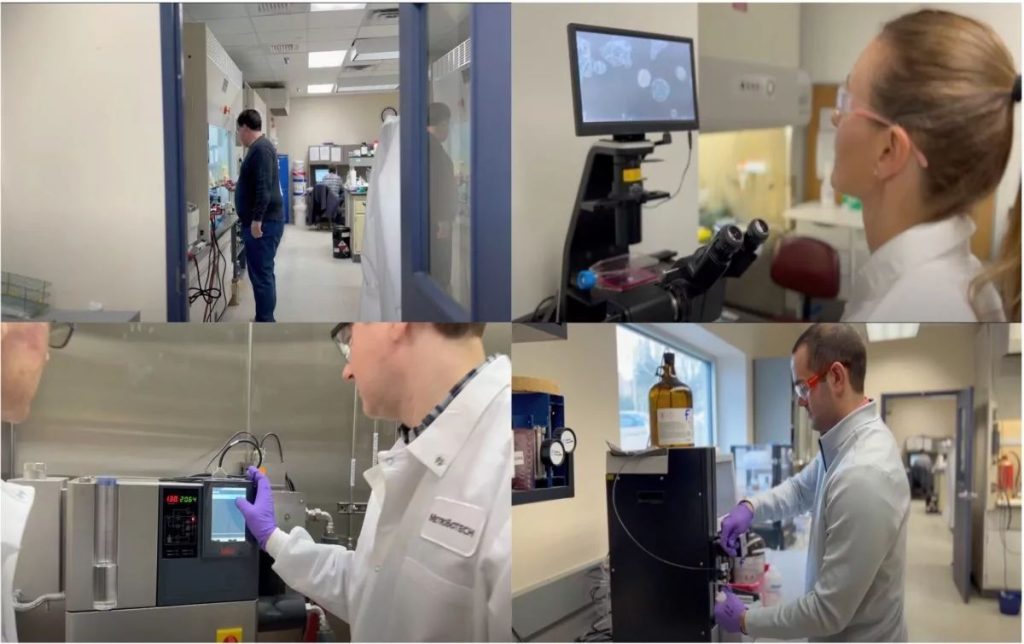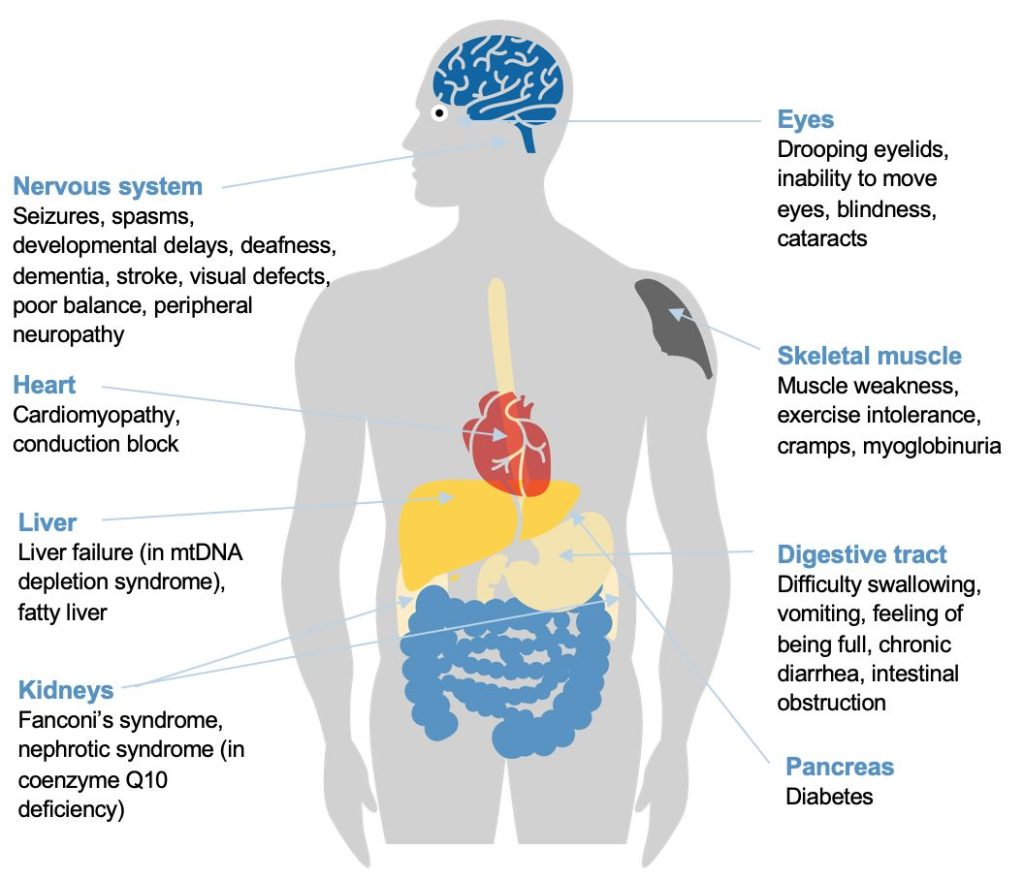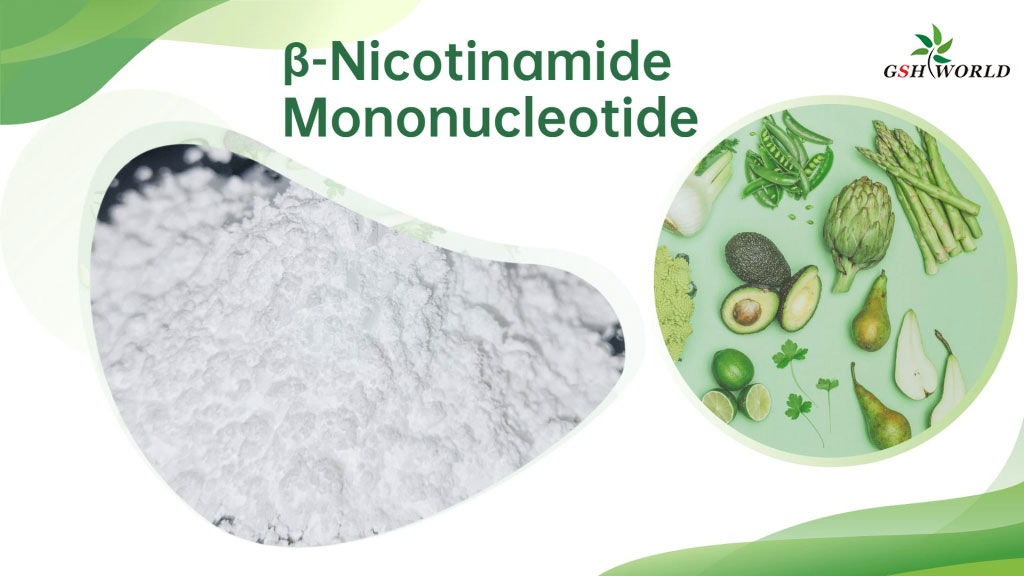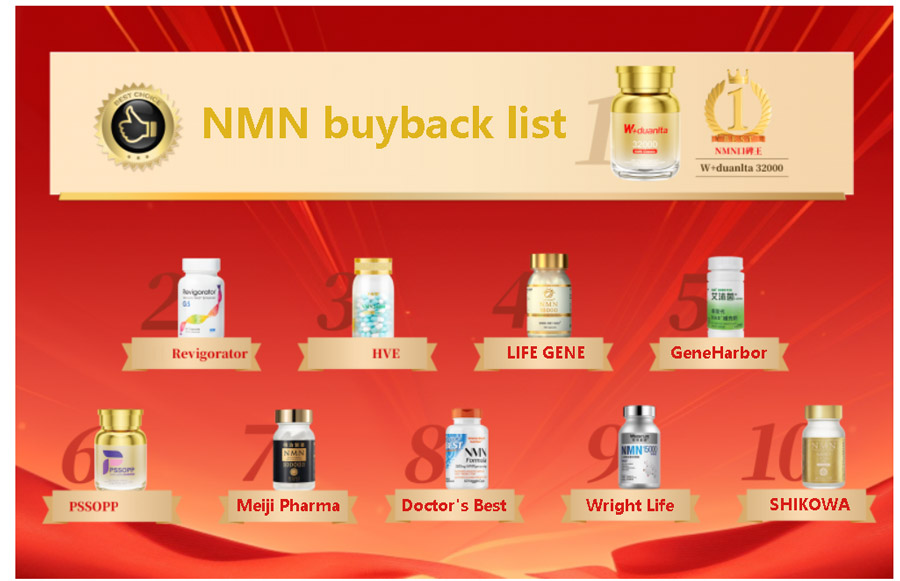Metro Biotech is a company led by David. The company Sinclair founded is currently conducting three exciting new clinical trials to test the effects of NMN.
Abstract:
Metro Biotech just released a video showcasing their lab and describing some of their projects, including the possibility of turning a new NAD+ precursor into a drug.
The video mentions three Phase 2 clinical trials of MIB-626 NMN that are currently being recruited.
Metro Biotech believes that NAD+ precursor therapy could potentially treat more than 50 diseases by targeting mitochondria.
Metro International Biotech is a pharmaceutical company founded by Harvard professor Dr. David Sinclair and University of Washington professor Dr. Rajendra Apte. The company is focused on NAD+ precursors, specifically NMN. Sinclair said in a recent tweet:
“Metro biotech has kept a low profile for a decade, developing novel drugs that modulate NAD+ to treat rare and common diseases. It’s their first look.”

In a video shared on Sinclair’s Twitter feed, the interior of Metro Biotech’s lab in Massachusetts can seen.
Here, the researchers discovered new NAD+ precursors that had never been made into drugs before. According to the researchers in the video, they plan to use these NAD+ precursors to treat disease. They are also working on ways to inhibit NAD+ synthesis to treat cancer.
1, Metro Biotechnology clinical trial
In the video, Metro Biotech CEO David J.Livingston mentions that they are conducting three FDA approved Phase 2 clinical trials:
Effects of NMN on healthy individuals:
The trial will test the effects of 2 grams of MIB-626 NMN on 120 highly fit, physically active human beings between the ages of 19 and 40.
The primary goal will be to determine whether NMN improves cardiorespiratory fitness, as shown by VO2 Max, in response to NMN+ normal activity or NMN+ “progressive high-intensity exercise training.”
Secondary outcome measures include:
- Endurance
- Muscle performance
- Attention and reaction time
- Working memory
- Sleep
- Insulin sensitivity
- Blood Lipid
Effects of NMN on Alzheimer’s disease:
The trial will test the effects of 2 grams of MIB-626 NMN on Alzheimer’s patients.
The main objective is to determine whether NMN can cross the blood barrier by measuring its presence in the cerebrospinal fluid (CSF).
Other indicators of achievement include:
- NAD+ brain concentration
- Pathological amyloid beta concentration
- Neurodegeneration
- Cognition
Effects of NMN on diabetic nephropathy (DKD) :
The trial will test the effects of 2 grams of MIB-626 NMN on patients with DKD, a common complication of type 1 and type 2 diabetes that damages the kidneys.
The main goal will be to determine whether NMN can counteract kidney damage and dysfunction.
Secondary outcome measures include:
- Muscle endurance
- Walking Show
- Inflammation
- Blood sugar concentration
Targeted mitochondrial therapy for 50 rare diseases
In the video, the CEO of Metro Biotech mentions using NAD+ to treat rare diseases caused by mitochondrial dysfunction.
A page on Metro Biotech’s website detailing Livingston’s review explains that there more than 50 diseases that considered rare mitochondrial diseases.
These diseases are accompanied by serious side effects and affect many organ systems, including the brain, heart, and muscles.

Because adequate NAD+ levels closely linked to mitochondrial health, Metro Biotech scientists want to use NAD+ precursors to develop treatments for rare mitochondrial diseases.
3, The prospect of MIB-626 drugs
If Metro Biotech’s clinical trials are successful, we may soon see MIB-626 NMN tested in a Phase 3 clinical trial.
If all goes well, MIB-626 has the potential to be approved by the U.S. Food and Drug Administration as a treatment for diseases such as Alzheimer’s and DKD.
If trials in healthy individuals go well, it may even be approved to improve heart function.
If approved for multiple age-related indications, MIB-626 could be the first true anti-aging drug in history.
Literature reference
MetroBiotech. “MetroBiotech NAD Video.” YouTube.com, uploaded 23 April 2024





